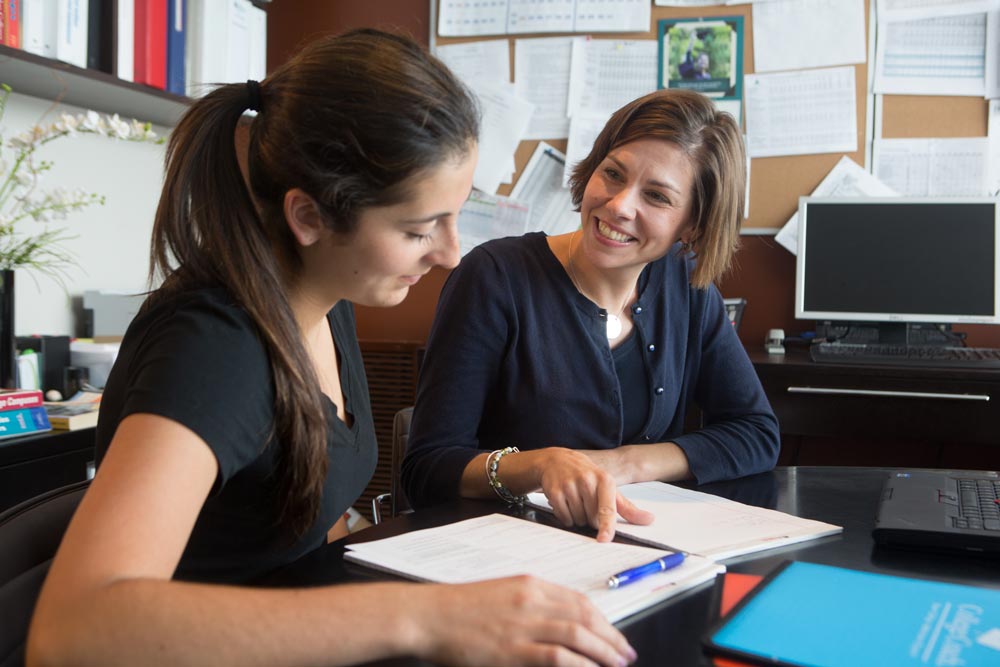Almost every business has rules and regulations that must be followed. In addition, many industries have some kind of accreditation scheme which may be voluntary, but is often a "must have" to keep pace with the competition. Child care in the United States is no exception.
Every state has licensing regulations that must be met in order to operate a center, and accreditation - most notably by the National Association for the Education of Young Children (NAEYC) - and state star-rating systems are ways that centers can demonstrate their commitment to quality care.
So with all these rules, why would any organization subject itself to yet more testing and third party verification?
That is exactly what we did at Bright Horizons.
Meals occupy an important place in early education. Of course these are times for refueling young, active bodies, but there's a lot more going on. Preparation, verbal interaction, manners, courtesy, self help, and self control are all part of breakfast, lunch and snack at a child care center, and perhaps even more important we see the beginnings of life-long healthy habits. Now these activities aren't for the weak at heart. Watch a group of toddlers learning to pour their own milk, and you'll see if you have what it takes to participate in child care mealtime! While good nutrition has always been a cornerstone of Bright Horizon early education, about two years ago an opportunity arose to put us to the test and set a new standard for the well-being of young children. We signed an agreement with The Partnership for a Healthier America (PHA) to enhance our already good policies and practices. PHA brings together public, private, and not-for-profit leaders to address the issue of childhood obesity.




